US-allied KENYA has requested to JOIN BRICS
In a bold move that has captured global attention, Kenya, a key ally of the United States in Africa, has officially requested to join the BRICS (Brazil, Russia, India, China, and South Africa) bloc of emerging economies. This development is seen as a significant shift in Kenya’s foreign policy, as the country traditionally aligns itself with Western powers but is now seeking greater engagement with the BRICS nations, which are increasingly asserting their influence in global economic and geopolitical affairs. The request to join BRICS highlights Kenya’s growing ambitions to play a more prominent role in the global arena and its desire to diversify its partnerships beyond its longstanding ties with the West.
BRICS, a group that represents a substantial portion of the world’s population and emerging markets, has long been viewed as a counterbalance to the dominance of Western nations in global economic governance. Over the years, the bloc has expanded its focus to include issues such as trade, infrastructure development, and geopolitical cooperation. Kenya’s desire to join this influential group raises questions about the evolving dynamics in Africa, the shifting balance of power, and the implications for U.S.-Kenya relations.
Kenya’s Growing Role on the Global Stage
Kenya has long been considered one of Africa’s economic and political powerhouses. As the largest economy in East Africa, Kenya has shown resilience and adaptability in its approach to development, particularly in sectors such as agriculture, technology, and manufacturing. Nairobi, Kenya’s capital, has become a regional hub for finance and innovation, with a rapidly growing tech sector often dubbed “Silicon Savannah.” This economic dynamism has attracted interest from a range of global powers, including China, the United States, and European countries, all vying for influence and investment opportunities in the region.
Kenya has also been an active participant in global governance, advocating for stronger regional integration and seeking more opportunities for African nations on the world stage. The country has been involved in various international organizations, including the United Nations, the African Union, and the World Trade Organization. However, Kenya’s increasing focus on diversifying its international relations and partnerships could signify a shift in its diplomatic priorities. The request to join BRICS underscores Kenya’s desire to expand its influence, particularly in terms of trade and development, while seeking to align itself with a group of nations that represent an alternative to Western-dominated institutions.
BRICS: A Rising Global Power Bloc
BRICS was originally formed in 2009 as an informal group of Brazil, Russia, India, and China, with South Africa joining in 2010. The bloc was conceived as a platform for emerging economies to challenge the dominance of Western powers, particularly the United States and the European Union, in shaping global economic policies. Over the years, BRICS has grown in prominence, with member countries increasingly asserting their influence in key global areas such as trade, investment, and geopolitical strategy.
One of the major goals of BRICS is to reform global institutions like the International Monetary Fund (IMF) and the World Bank, which are seen by many in the developing world as outdated and overly dominated by Western powers. The BRICS countries have pushed for more equitable representation in global financial systems, advocating for the inclusion of emerging economies in decision-making processes.
BRICS has also been instrumental in promoting multilateral trade agreements, especially through initiatives such as the New Development Bank (NDB), which provides financing for infrastructure and development projects in emerging markets. The bloc’s focus on development, trade, and infrastructure has made it an attractive alternative to traditional Western-led organizations. With Kenya’s request to join, the BRICS bloc could see further expansion as more countries, particularly from Africa and other emerging regions, seek to align themselves with this increasingly influential group.
Kenya’s Strategic Interest in BRICS Membership
Kenya’s interest in joining BRICS is likely driven by several factors, including its aspirations for economic development, trade diversification, and the desire to secure more investments in key sectors. The BRICS nations, with their growing economies and increasing global influence, represent an opportunity for Kenya to strengthen its economic ties with other emerging markets, especially in the areas of infrastructure, technology, and trade.
China, as a key member of BRICS, already has a strong presence in Kenya, particularly through its Belt and Road Initiative (BRI), which has funded large infrastructure projects in the country. Kenya’s participation in BRICS could open the door to even more Chinese investment, as well as greater access to the New Development Bank, which finances major development projects in BRICS and other emerging economies.
In addition to economic considerations, Kenya’s request to join BRICS may be influenced by the desire to diversify its diplomatic relationships. While Kenya has long been an ally of the United States, it has also cultivated strong relationships with other global powers, such as China and India. By joining BRICS, Kenya would strengthen its ties with these countries and enhance its role in shaping the future of the global economy. This shift is indicative of a broader trend in Africa, where countries are increasingly seeking to assert their independence and explore new partnerships outside the influence of traditional Western powers.
Potential Impact on U.S.-Kenya Relations
Kenya’s request to join BRICS could have significant implications for its relationship with the United States. The U.S. has long been one of Kenya’s most important allies, providing substantial aid, trade agreements, and security cooperation. The two nations have shared interests in areas such as counterterrorism, regional stability, and economic development. However, Kenya’s growing interest in BRICS could signal a shift in its foreign policy priorities, as the country seeks to balance its historical ties with the U.S. against the desire for greater engagement with emerging economies.
While it is unlikely that Kenya’s move to join BRICS will result in a complete break with the United States, it could prompt a reevaluation of the bilateral relationship. U.S. officials may be concerned about Kenya’s growing alignment with China, a key rival to American influence in Africa and beyond. Additionally, the United States may view Kenya’s request to join BRICS as part of a larger trend in Africa, where countries are increasingly seeking to reduce their reliance on Western powers and assert greater control over their economic futures.
At the same time, the U.S. may choose to engage more proactively with Kenya, recognizing the country’s strategic importance in East Africa. Kenya’s role as a regional leader in sectors like technology, trade, and diplomacy gives it a unique position to shape the future of Africa’s economic and political landscape. As a result, the United States may intensify its efforts to strengthen its ties with Kenya, potentially through increased investments, trade partnerships, and diplomatic engagement.
Implications for African Geopolitics
Kenya’s request to join BRICS is part of a larger trend of African countries seeking to expand their diplomatic and economic options. Many African nations have grown increasingly disillusioned with the traditional Western powers and are looking to diversify their partnerships with other emerging economies. The BRICS bloc, with its focus on development, trade, and infrastructure, presents an attractive alternative to Western-dominated institutions like the IMF and World Bank.
Kenya’s bid could serve as a model for other African nations seeking to enhance their influence on the global stage. Countries across the continent, from South Africa to Nigeria, have been exploring ways to position themselves within the broader global economy and secure investments from non-Western sources. Kenya’s request to join BRICS signals a shift in African geopolitics, where regional players are positioning themselves to play a more active role in shaping the future of global economic governance.
The Future of BRICS and Global Alliances
Kenya’s potential inclusion in BRICS could signal the beginning of a new phase in the evolution of the bloc. As more countries from Africa, Asia, and Latin America express interest in joining, BRICS could become a more diverse and influential coalition, capable of challenging the traditional Western-led global order. The expansion of BRICS would further solidify the bloc’s role as a key player in shaping the global economic and geopolitical landscape, particularly as the world transitions toward a multipolar system of power.
While Kenya’s request is just the beginning of what could be a lengthy process of negotiation and evaluation, it serves as a powerful reminder of the shifting dynamics in global politics. Countries around the world, particularly in the Global South, are seeking new ways to assert their independence and influence the future direction of the global economy. Kenya’s move to join BRICS is an indication of this broader trend and a signal that the world order is evolving in ways that may not always align with traditional Western interests.
In Conclusion
Kenya’s request to join BRICS marks a pivotal moment in its foreign policy and reflects broader shifts in global geopolitics. As a key ally of the United States, Kenya’s move to seek membership in the BRICS bloc suggests that it is eager to diversify its international relationships and enhance its role in the global economic system. The potential expansion of BRICS will have significant implications for the future of global trade, investment, and diplomacy, particularly in Africa. Whether or not Kenya’s bid is successful, this request highlights the growing influence of emerging economies and the desire for a more multipolar world order.
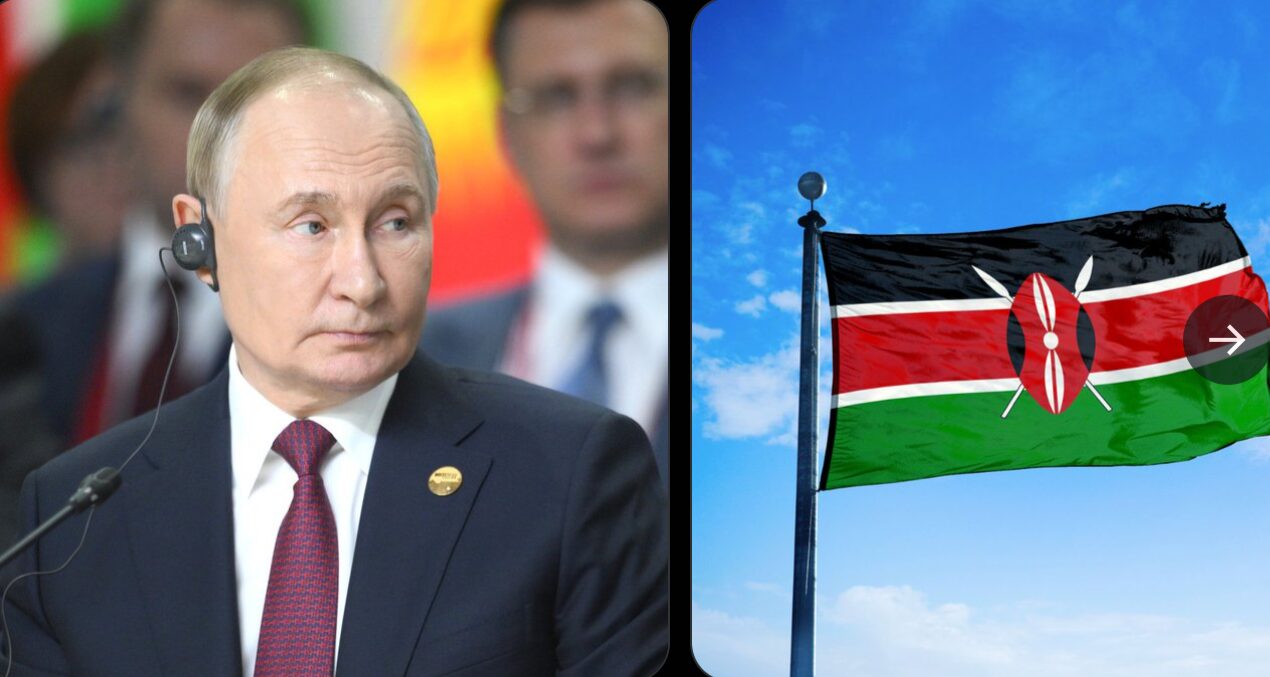


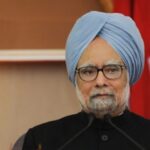
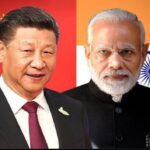
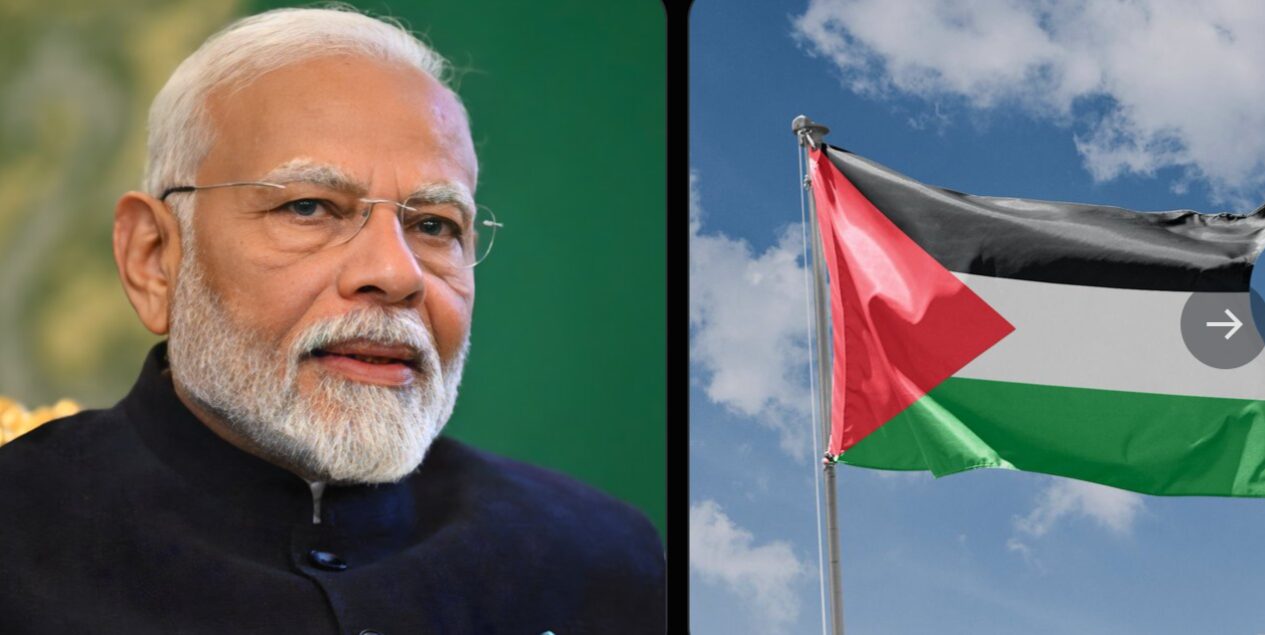

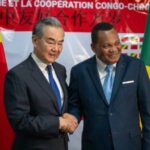









Post Comment